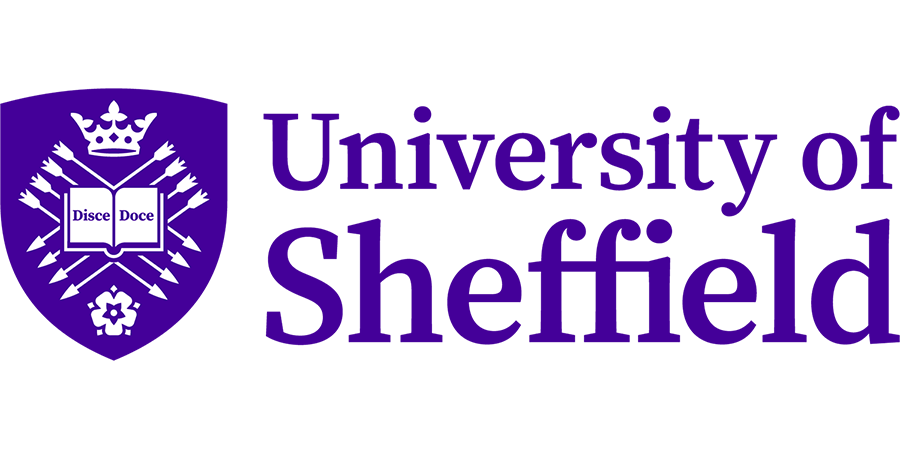PhD Studentship: Modelling Pathogen and Biofilm Behaviour within Drinking Water Distribution Systems
University of Sheffield
| Qualification Type: | PhD |
|---|---|
| Location: | Sheffield |
| Funding for: | UK Students |
| Funding amount: | £22,300 per annum |
| Hours: | Full Time |
| Placed On: | 21st November 2024 |
|---|---|
| Closes: | 17th January 2025 |
Enhanced 3.5 year tax-free enhanced stipend of £22,300 per year and (home) tuition fees
Start date: Flexible, UoS PhD cohort intake start dates are late February and late September 2025 (duration 3.5 years)
This funded studentship provides an unrivalled opportunity to undertake modelling research pushing the frontiers of understanding and managing drinking water quality. In this role, you will develop modelling tools to capture emergent pathogen / biofilm behaviour and resulting exposure risk under different disinfection regimes. You will be part of a large, multidisciplinary team of researchers. The research will make a significant contribution to the UKRI EPSRC funded project ‘To chlorinate, or not to chlorinate’ (www.tochlorinate.ac.uk). The results of this research will enable the optimisation of disinfection residual used in treated water, helping to protecting public health whilst minimising chemical and energy use.
You will conduct research to advance modelling to include/incorporate the attached biofilm phases of microorganism dynamics, relevant across all biofilm domains. Modelling will be developed to describe biofilm-hydraulic interactions and integrate with quantitative microbial risk assessment (QMRA) approaches to model in-pipe processes, for the first time. The approach to follow is open, from AI to deterministic to stochastic, or fusion of these. This research will be a major and significant breakthrough, opening a range of possibilities such as the extension of QMRA into premises plumbing. You will help to drive a new way of modelling the impacts of disinfectant residuals within DWDS increasing the accuracy of predicting associated risks and understanding of biofilm pipe interactions.
Supervision
The PhD will be supervised by Prof Joby Boxall and Prof Vanessa Speight at the University of Sheffield. The normal place of work will be at the University of Sheffield, with regular interaction with The University of Glasgow and UK Water Company field sites. Travel costs are provided including opportunities for attendance and presentations at international conferences, plus a generous budget for professional development.
Eligibility Criteria
Funding is provided for enhanced (+£2,500) stipend and UK fees. While applications are not restricted to home applicants, additional funding from other sources will be necessary to cover overseas fees (which cannot be covered by the stipend and no fee waivers are available). Fee information can be found here: www.sheffield.ac.uk/new-students/tuition-fees/fees-lookup
Selection Criteria
The selection criteria are a good first degree in relevant engineering, computing or science discipline and enthusiasm for the topic area. Expertise in Matlab and/or Python are required. Experience of hydraulic modelling and/or biological applications is ideal but not essential.
How to apply
Interested candidates should email a covering letter and their Curriculum Vitae to Lindsay Hopcroft (l.hopcroft@sheffield.ac.uk). For information and informal enquiries please contact: Prof. Joby Boxall (j.b.boxall@sheffield.ac.uk).
Advert information
Type / Role:
Subject Area(s):
Location(s):









